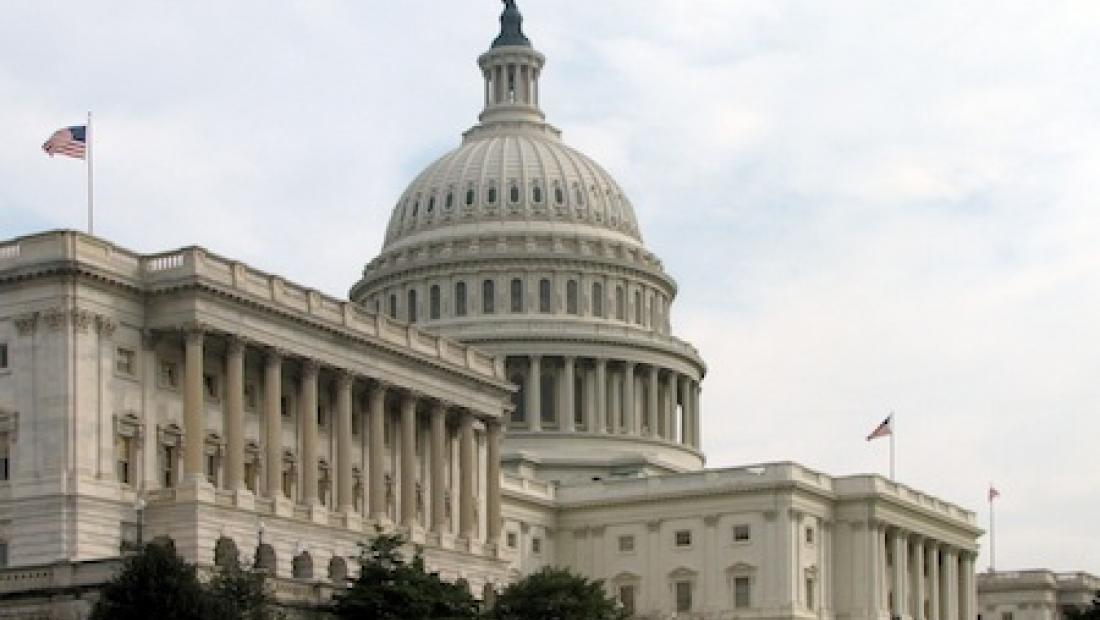Intel Directors: Cooperation on Cyber Defense Is Key

The smarter way to stay on top of broadcasting and cable industry. Sign up below
You are now subscribed
Your newsletter sign-up was successful
Director of National Intelligence Dan Coats left no doubt Tuesday (Feb. 13) that Russia will continue to use social media and other propaganda tools to influence elections and sew dissent in the U.S., and that communications networks and government needed to work together to combat that and other threats.
That came in in the open portion of a Feb. 13 hearing in the Senate Intelligence Committee on worldwide security threats, a hearing that featured an all-star cast of intelligence officials and a strong focus on potential existential threats posed by cyber attacks.
Coats began his threat assessment with cyber, saying attacks would continue from Russia, China, South Korea and Iran, the major players, but from criminals, terrorist and other non-state actors. Committee ranking member Mark Warner (D-Va.), said Coats' leading off with cyber was appropriate given that ongoing threat.
Coats said to assume interference from Russia and maybe others in upcoming national, state and local elections. He said the more transparency the government can provide to the American people that this is a real threat that is going to happen, the better.
Committee chairman Richard Burr (R-N.C.) said that IT and communications firm contractors supporting private and government networks have been a major target of cyber attacks. He asked Admiral Michael Rogers, director of the National Security Agency, if the government was sharing enough threat information with private companies. Rogers said he thought information was being shared on events as they occurred, but suggested the door swung both ways and the government needed more info from the private sector. He said that, looking at IoT, the cybersecurity problem was going to get "exponentially worse."
Robert Cardillo, director of the National Geospatial-Intelligence Agency, said government and industry needed to "lock arms" and cooperate, but that he was optimistic that would happen.
Sen. Warner said he was concerned about the use of social media by bad actors and asked what single agency was in charge with identifying and countering that threat.
Coats said no single agency, but said that they were getting more support from the private sector (edge providers primarily).
FBI Director Christopher Ray said he had notice more "forward leaning" engagement with the private sector. He also said social media needs to better police itself.
Warner said those companies were slow to react and had more work to do.
Related: U.S. Unprepared to Combat Weaponized Social Media
Warner said he was also worried about China-owned tech companies. Coats said vetting such companies was a top priority. Warner also said he was concerned that there were no security requirements for government purchases of IoT devices.
Wray said the FBI had been providing "defensive briefings" to larger U.S. telecom companies to recognize the threats. He said he was gratified by the response of those companies, but that smaller companies needed more education about what to be on the lookout for.
Sen. Jim Risch (R-Ida.) took issue with Warner's suggestion that the country was no more ready for Russian meddling now than before the 2016 election. He said the Russian's had been "attempting" to meddle in the country's affairs, using cheap, ineffective techniques and that the American people were ready to handle those "attempts" to manipulate them. Some Republicans are reluctant to grant the success of such meddling.
The smarter way to stay on top of broadcasting and cable industry. Sign up below
Contributing editor John Eggerton has been an editor and/or writer on media regulation, legislation and policy for over four decades, including covering the FCC, FTC, Congress, the major media trade associations, and the federal courts. In addition to Multichannel News and Broadcasting + Cable, his work has appeared in Radio World, TV Technology, TV Fax, This Week in Consumer Electronics, Variety and the Encyclopedia Britannica.

